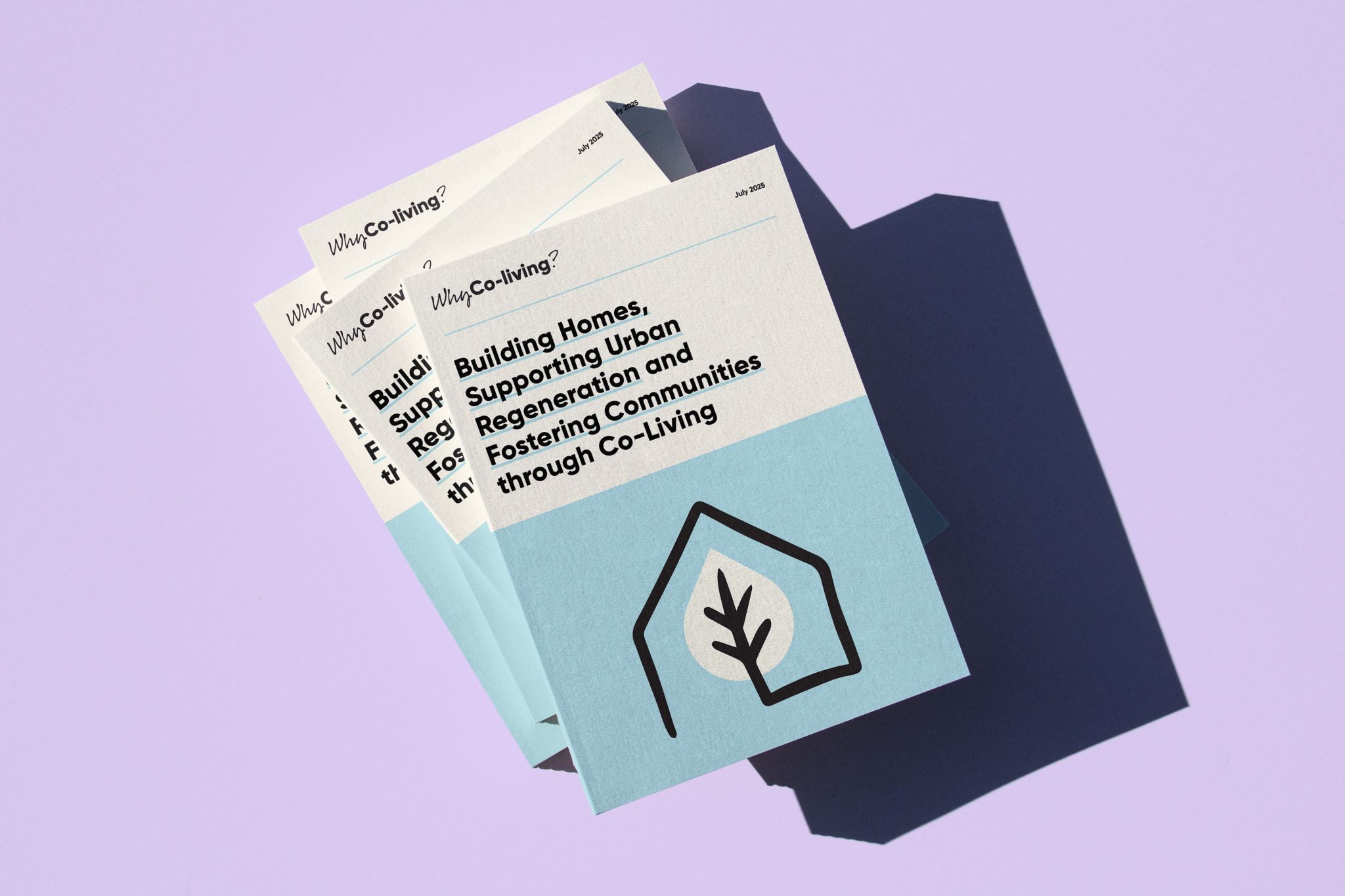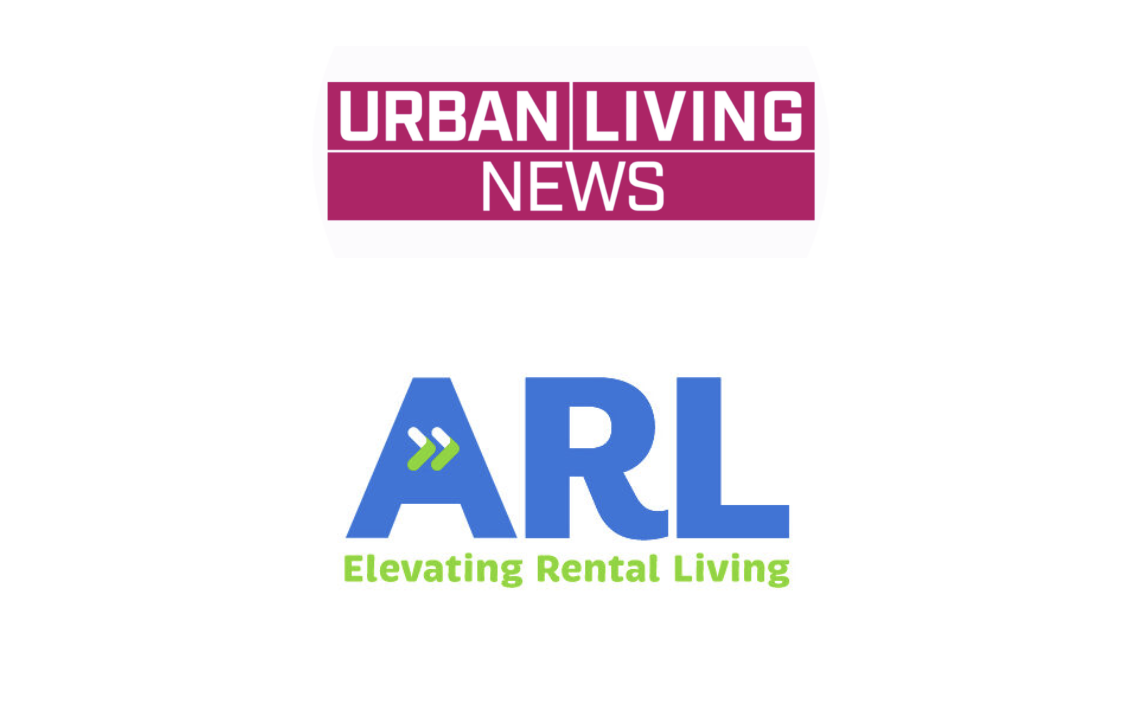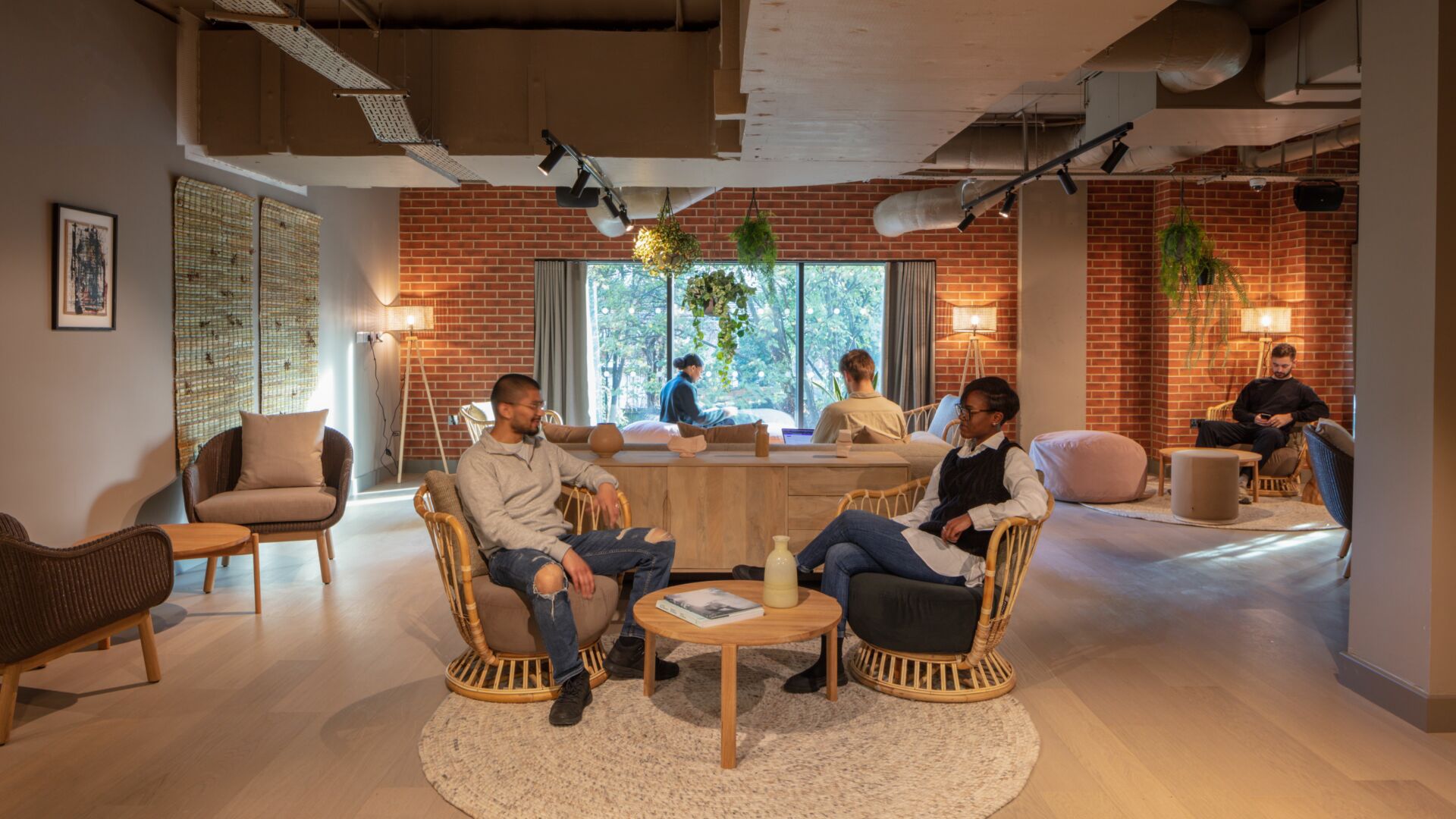UK: IHM, publisher of Urban Living News, held its latest Urban Living Insights: Coliving event at The Mandeville Hotel in partnership with Hubbl.
Following a short introduction to Hubbl by group CEO Alex Stewart, IHM’s editor-in-chief George Sell handed over to Dr Penny Clark, co-founder of Conscious Coliving, for a state of the nation presentation of the coliving sector.
Clark revealed how Google searches for coliving skyrocketed in 2010 as purpose built shared accommodation developments began to rise. To date, the Netherlands offers the largest volume of supply in Europe however the UK pipeline dominates.
2022 marked a big year for European investment although challenges exist around lack of standing stock. The London H16 policy on large-scale purpose-built shared living accommodations has been praised (January 2022), with recent development trends showing a 50/50 split between London and regional UK. In fact, regional demand has increased 60 per cent over the last three years.
Clark highlighted a growing interest from coliving operators to target retirees and seniors in the future. She also mentioned this would support the S in ESG. Clark argued that coliving projects are prime developments for impact investment, with buildings providing a 32 per cent reduction in carbon emissions compared to single family homes.
The presentation can be viewed here.
In the next discussion on investment and institutionalisation, Sell kicked off with a question on why coliving is an attractive asset class.
Chris Saunders, director of DTZ Investors, said that the underlying cashflows are similar to BTR and that this is emphasised to investors. He added there are misconceptions about the quality of coliving schemes, whereby aligning a project’s value with BTR is easier for investors to understand.
For this reason, Hamel Shah, founder and director of Candour Properties, floated the idea that coliving could become banded with the BTR and PBSA sectors. He argued however that the current uncertainty in the commercial property market is pushing investors towards coliving, and sees this trend as a major strength for the sector.
Safinaz Zakaria, partner at Crosstree Real Estate Partners, argued that the challenge lies in the nascency of the sector. Coliving presents a high risk profile as a result of little transaction evidence, which combined with increased interest rates and inflation costs discourages institutional investment. It does however present an opportunity for private equity investors.
In terms of future growth, Jamie York, co-founder of MYAH is seeing continued demand for converting residential to coliving units. This is also evident in Candour Properties’ pipeline, of which conversions account for 95 per cent. One of the challenges with conversions, as Saunders pointed out, is that only a small number of projects suit coliving due to the constraints of floor plans and room sizes.
Sell then teed up the final discussion which explored the question: does coliving have an image problem?
Charlie Gayner, co-founder of ARK Co-living, referred to Clark’s opening presentation that because definitions of coliving are so diverse, ARK – as a result of offering a minimum one night stay – technically does not fit within the coliving bracket. He went on to say that second generation coliving products have the opportunity to improve misconceptions about the sector.
Craig Bryant, strategy and business development director at Fresh, agreed and urged industry professionals to collaborate on delivering quality specification, design, and operational experience, otherwise the sector will struggle to grow.
Gayner added that the Shared Living Consortium Group has been established to support such growth through data sharing of building performance. The data is pooled and used to lobby the Greater London Authority (GLA) for greater guidance and support. Transparent data should help to correct the image of coliving for local authorities, investors and developers.
The next Urban Living Insights event will focus on Short Term Rentals, 26 April 2023. Tickets are available to purchase here.
For further details and to learn more about IHM and other upcoming events, please email info@internationalhospitality.media.








